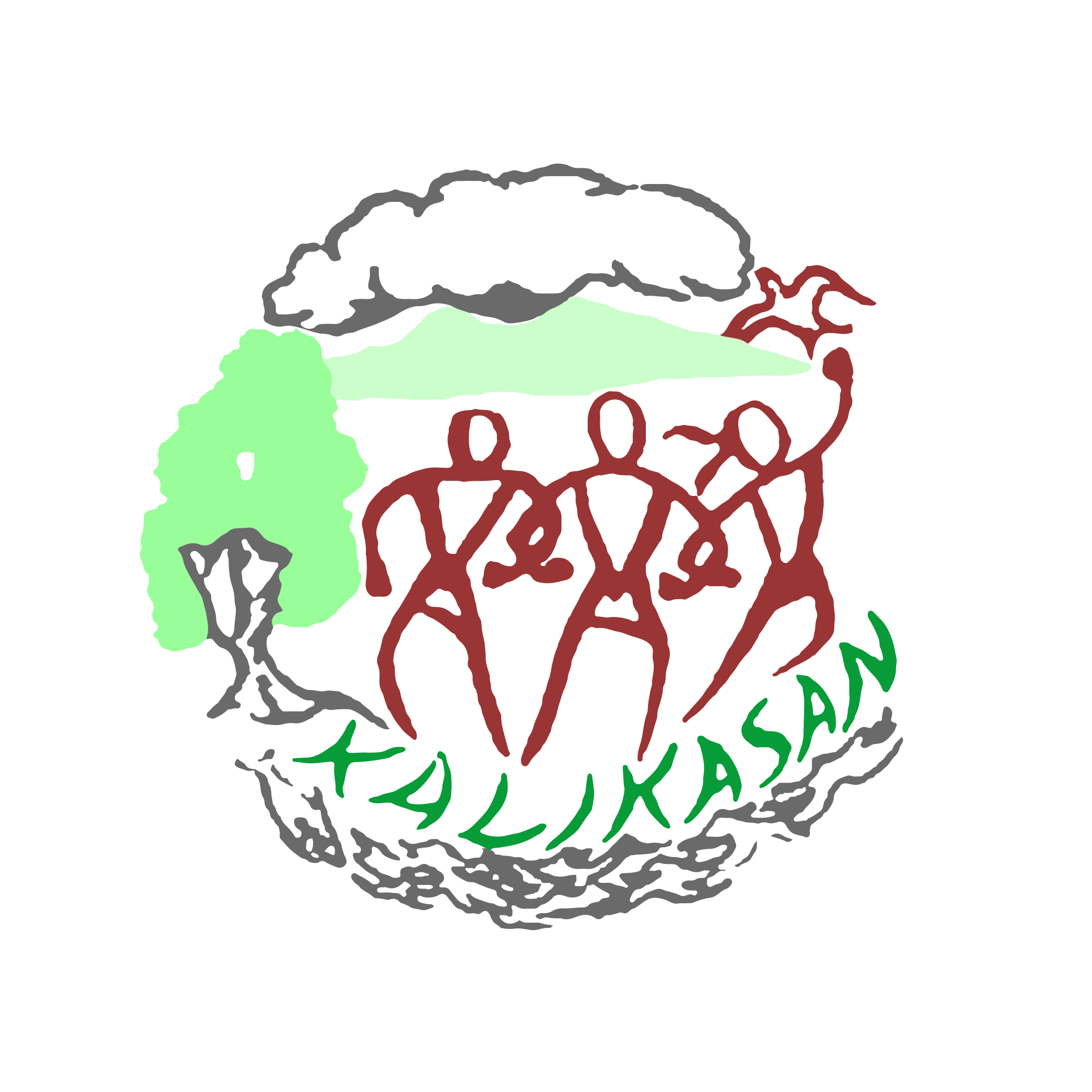Around 200 leaders and members of fisherfolk, urban poor, women, and environmental groups gathered today at the Malate Church to launch the Manila Baywatch, a watchdog alliance that aims to monitor developments in the government’s rehabilitation and reclamation programs in Manila Bay. “Genuine rehabilitation for Manila Bay should be building livable housing for waterway and coastal communities, not threatening them with de facto eviction. Manila Bay’s waters should be restored fit for fisherfolk, not for destructive land reclamation. We aim to use people power and science to ensure that Manila Bay’s rehabilitation program is held accountable to the highest environmental and human rights standards,” said Leon Dulce, national coordinator of Kalikasan People’s Network for the Environment (Kalikasan PNE) and spokesperson of Manila Baywatch. The watchdog’s launching came on the heels of President Rodrigo Duterte’s recent issuance of Administrative Order No. 16, s. 2019, ordering the creation of an inter-agency task force to implement their so-called ‘Battle for Manila Bay’ rehab program. “Duterte’s administrative order likewise is focused mainly on relocating communities and has little to no plan on protecting watershed and coastal ecosystems. The devil is in the details of the rehab program’s operational budget, however, as 50,000 to 110,000 families may be left homeless given how the allocated funds for relocating informal settlers is grossly insufficient,” explained Dulce. P36 billion was allotted for relocation options for informal settlers or a P156,521.00 allocation for each of the targeted 230,000 families. Various government estimates on relocation costs per family ranging from P200,000 to P300,000, however, which practically means only 120,000 to 180,000 families will be able to avail of the resettlement. “Only P7 billion is allocated for cleanup with zero allocation for conserving fisheries and restoring ecosystems. This leads many to suspect that Duterte’s deprioritization of restoring coastal and marine landscapes is due to destructive reclamation projects expected to conflict with these areas that should have long been declared protected,” said Dulce. At least 25 reclamation projects covering 28,647 hectares of foreshore areas in Manila Bay are in varying stages of application, approval, and development. Various studies have shown that these proposed reclamations overlap with the last remaining mangroves and seagrasses that serve as the lifeblood of Manila Bay. At least one project has already secured its Environmental Compliance Certificate (ECC) in 2017 under the Duterte administration. “Manila Bay’s rehabilitation is long overdue but we will not let it be a pretext for widespread evictions and reclamations. We will crowd-source citizen science from communities in Bataan down to Cavite to push for genuine rehab solutions, and strengthen the basis of our opposition to reclamation projects,” ended Dulce. The group also challenged candidates running in the ongoing 2019 election campaign to support the initiative to monitor and hold accountable the rehab and reclamation programs in Manila Bay, particularly by pushing forward platforms that would respond to the various problems that affect the historic water body. The bay-wide alliance was initiated by national organizations Kalikasan PNE, the Center for Environmental Concerns – Philippines, Pambansang Lakas ng Kilusang Mamamalakaya (Pamalakaya), Kalipunan ng Damayang Mahihirap (Kadamay), Gabriela, and Climate Change Network for Community-based Initiatives, regional groups Nilad Metro Manila, Akap Ka Manila Bay, and local people’s organizations Alyansa ng Mandaragat sa Bacoor, Baseco People’s Alliance, Save Freedom Island Movement, Save Laguna Lake Movement, and Alliance for Stewardship and Authentic Progress.
PRESS RELEASE
22 Feb 2019
